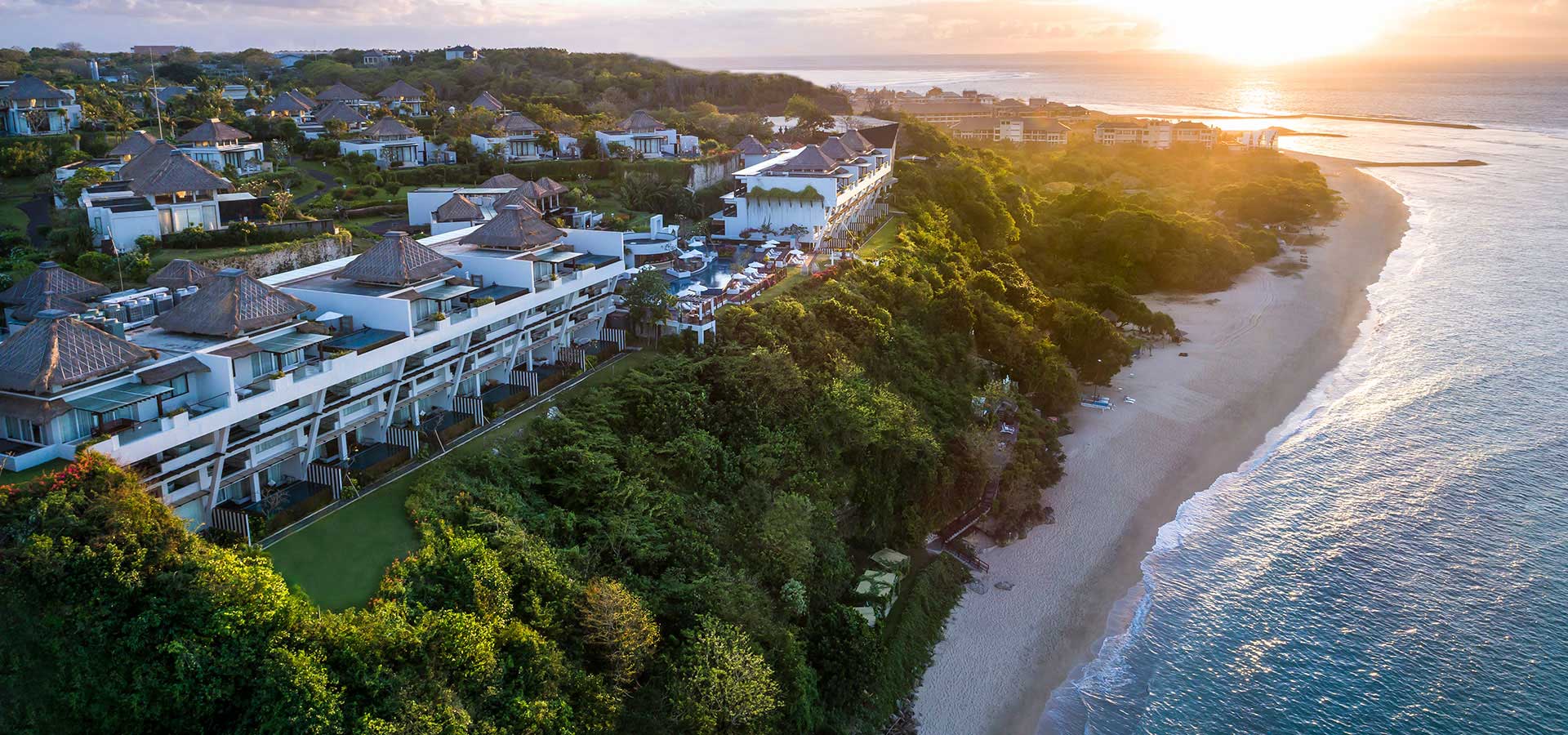How Asia hotels are navigating an unprecedented cash crunch
Just how severe is the cash crunch currently faced by the Asian hospitality industry?
AddThis Sharing Buttons
Share to FacebookShare to TwitterShare to LinkedInShare to WhatsAppShare to More2
In simplest terms, hotels are in a serious but not hopeless situation.
In comparison with other real estate asset classes, the impact of COVID-19 on the hotel sector far deeper. National lockdowns, travel restrictions and the grinding halt of most air movements, has syphoned cash from hotels globally, forcing many properties to close for several months and re-opening gradually at minimal capacity.
To offset closures or severely impacted revenues, owners have aimed to reduced costs. Many are also utilising government schemes to support cost management. But generally, properties are operating at gross operating losses as the cash crunch faced by many hotels across Asia grows in severity.
While many commentators and industry analysts paint a doom and gloom scenario, it is worth remembering that the region’s hotel industry entered this unprecedented and unexpected crisis from a position of strength. Furthermore, hotel owners have been forced to innovate beyond cost management, turning to alternative sources of financing and revenue to offset cash flow issues that show no meaningful signs of abating in the short to medium term.
While distress will inevitably emerge in the Asian hotel sector late in the second half and into 2021, several themes are emerging which demonstrate how investors are reimagining the industry through and beyond COVID.
Reallocation
Across the region, there will ultimately be a reallocation of capital within the sector. The economics of the pandemic will inevitably impact some hotel owners, who may have higher leverage, limited cash reserves or exposures across multiple impacted assets and industries.
As a result, some owners will need to look at rationalising their portfolios. This will potentially include strategic sales of non-core assets and possible distressed sales where financial obligations can no longer be met.
On the flip side, we believe that there will be no shortage of investors looking to alleviate the cash crunch facing many owners. Last year finished with record amounts of capital allocated for real estate in Asia. At this time, investors were actively searching for hotel deals, with the predominant buyer pools coming from the private equity, high net worth and conglomerates (sometimes owner-operators) spaces. In the midst of COVID-19, much of this capital, especially private equity, still remains to be deployed and we see no shortage of investors enquiring for possible transactions.
Irrespective of investor interest, it is likely that owners and operators will look to maintain lower fixed costs. To date, conservative cost management has been achieved throughout COVID-19, which we believe will lead to a more resilient industry and will prove attractive to incoming investors. However, in the leisure industry, hoteliers are keen not to allow cost management to compromise guest experience, which is essential to brands and individual assets in the recovery period.
With the aforementioned drivers, we also expect that supply pipelines will be significantly reduced in the interim. This will potentially be seen more in emerging markets, which had some of the higher pipelines but are now also likely to be some of the hardest-hit hotel markets. Owners and developers within these markets generally have lower cash holdings, whilst banks across the region are likely to have less appetite for new exposure, especially in the development space, hence the role to be played by both investors and cost management in the industry’s sustainability.
Repricing
Pricing-wise, private equity is typically expecting the largest discounts to pre-COVID levels, given their need to buy-fix-sell. On the other hand, family offices and conglomerates still expect discounts, but their longer holding patterns means they are generally willing to pay more than private equity buyers for selected assets.
Currently, the pricing gap is wide. Owners are still aiming to ride out the crisis, especially with banks showing a period of flexibility. We expect pricing expectations to lessen towards the end of 2020 and into 2021, as positions are resolved and those who are unable to find solutions – including from alternative debt providers – are forced into taking action.
We expect mature markets like Japan to adjust pricing expectations quickest and for properties to come to market sooner. Macro fundamentals in markets such as China, Japan and even Singapore are poised to potentially aid the quickest recovery and thus investors will want to fill allocations in those markets first.
Innovating for the medium-term
There are of course some outliers in the industry regionally. Singapore is a unique case whereby government quarantine and crisis management programs have created notable demand for hotel rooms, offsetting lack of traditional guest demand and muted contribution from staycation offerings.
Outside of Singapore, staycation demand will be an important factor in the Asia hotel recovery story, but its contribution to the industry will vary across markets. China and Japan, which pre-COVID saw a relatively high percentage of domestic tourism with good spending power, will benefit the most from the staycation trend. Markets such as Thailand and Vietnam, which have high levels of domestic tourism, will not fare as well from the staycation rebound given the domestic spending power of tourists cannot replicate the purchasing power of foreign arrivals.
Ultimately, the Asian travel sector will rebound strongly, especially given that the massive middle class within the region which is only just beginning to travel. Countries such as India, Indonesia and Vietnam, which have huge populations, will add to the substantial demand which already exists. The question is more when than how and why at this stage.
Clearly, the recovery will take time and will move at different speeds. But reallocation of capital, innovation and more prudent cost management gives us reason to believe that the hotel industry is facing the cash crunch with a degree of confidence and patience.





